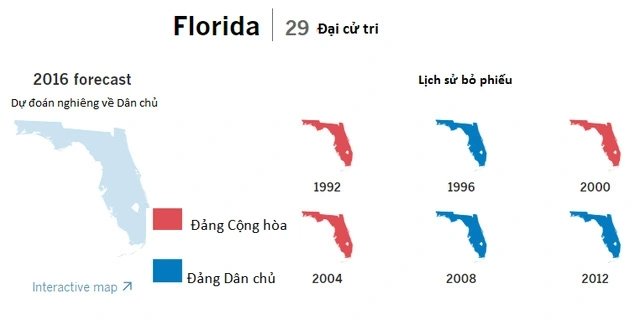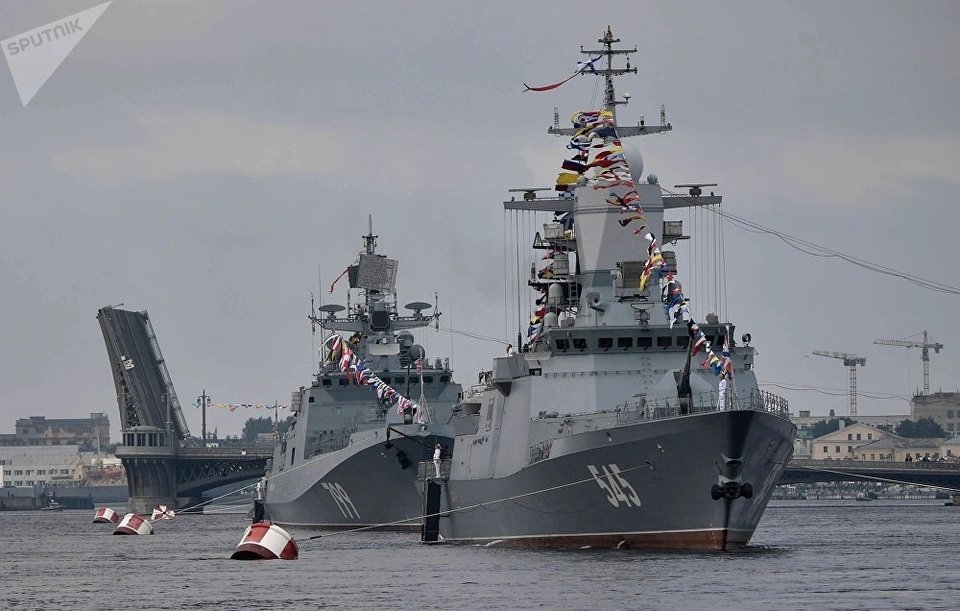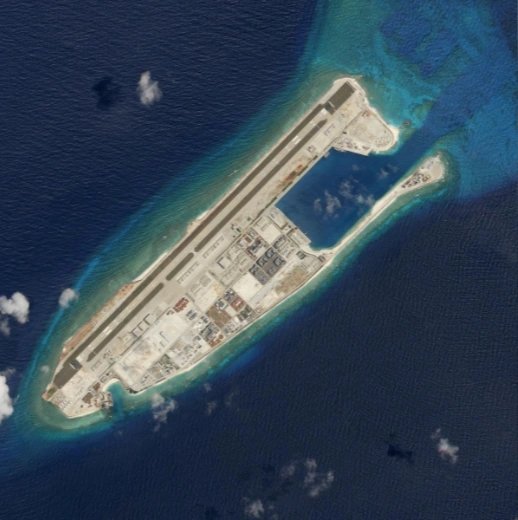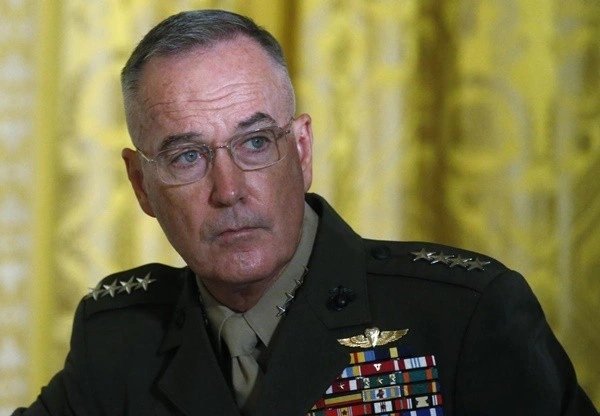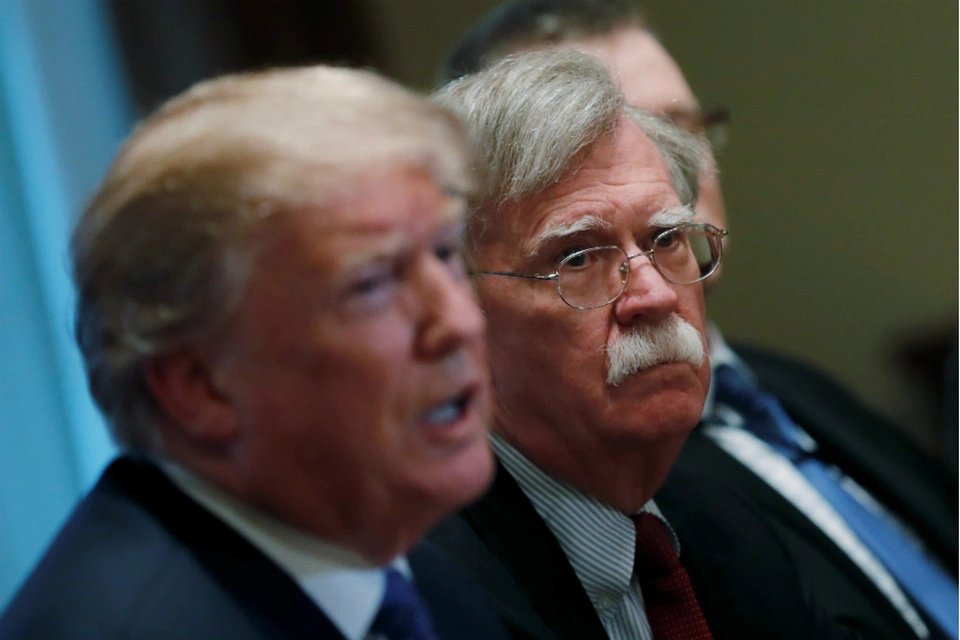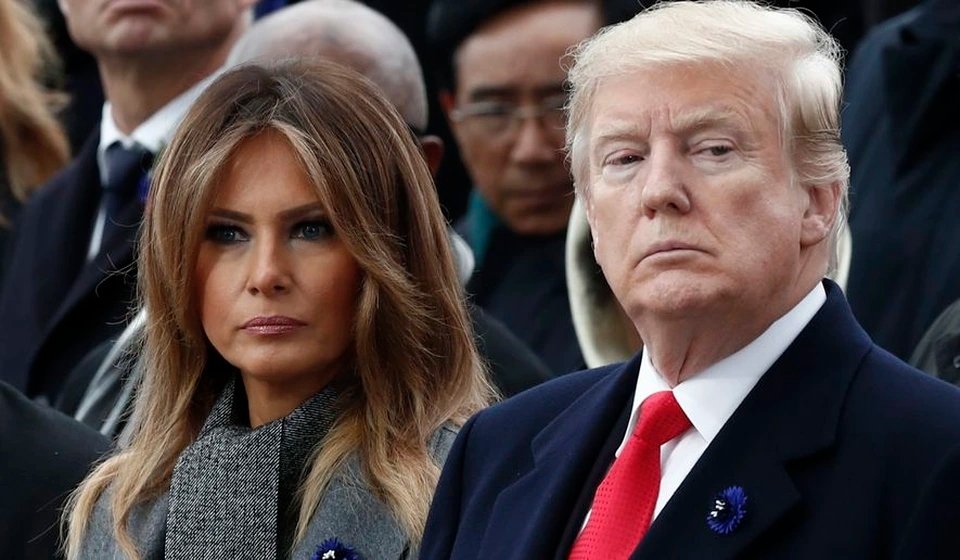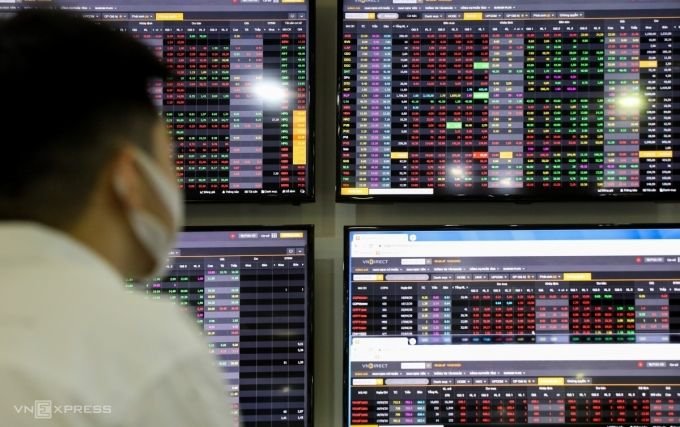
Stocks have just recorded the fifth consecutive session of increase, but when Covid-19 shows no signs of cooling down both domestically and internationally, and the global economy is on the brink of recession, investors still cannot help but be haunted by the period of
Sharing with VnExpress, Mr. Tran Duc Anh – Director of macro research and market strategy, KB Vietnam Securities Company, said that it is difficult to repeat the possibility of market panic, VN-Index continuously decreasing, many stocks
Before the 2008 crisis, the stock market revealed many weaknesses.
The proportion of transaction value of institutional investors is very low, less than 10%, showing that the market is sparse in long-term cash flow and is strongly influenced by speculative activities.
Unsustainability and vulnerability to psychological factors become the two boldest colors in the market picture.
Sharing the same opinion, Mr. Dinh Quang Hinh – Head of Market Strategy Department of the Analysis Division, VNDIRECT Securities Company said that the strength of financial institutions has been significantly strengthened.
If the pandemic is controlled in the second quarter or early third quarter, there will not be a crisis similar to the 2008 period. The market will not take much time to `heal` the damage and can return to the trend.
Investors trade at a stock exchange in Ho Chi Minh City.
`The recent market decline is inevitable, but current stock price movements more closely reflect the internal health of businesses and opportunities for recovery will soon appear when the epidemic passes,` he said.
However, the current market has many differences from more than a decade ago and this may be a `variable` leading to other risks.
Compared to before, the foreign sector is now gradually asserting its ability to dominate the work of attracting foreign indirect investment capital of both executive agencies and businesses.
However, when ranked as a frontier market, Vietnamese stocks face the risk of foreign investors withdrawing more capital if global risks increase.
The current economy is more closely connected to the globe thanks to the signing of a series of free trade agreements and extensive participation in the supply chain.
Experts believe that the upcoming short-term trend depends on four important variables: the duration of social isolation, the possibility of a second wave of infection, when a vaccine is available, and the effectiveness of fiscal policies.
The positive scenario is that the above variables are favorable, the VN-Index will soon return to 870-900 points at the end of the year.
Assuming that at the end of this year, the world is still helpless in controlling the epidemic and the vaccine manufacturing process does not progress in the next two years, the market will collapse and fall into a severe recession like the 2008 period.
This expert evaluates the operator’s interventions in recent years, such as narrowing trading margins, encouraging businesses to buy treasury shares, waiving fees, etc., partly helping to calm the mind.
But to solve the root problem, more complex and long-term solutions are still needed when infrastructure conditions allow, such as loosening margin lending regulations for quality stocks on UPCoM, accelerating implementation.

